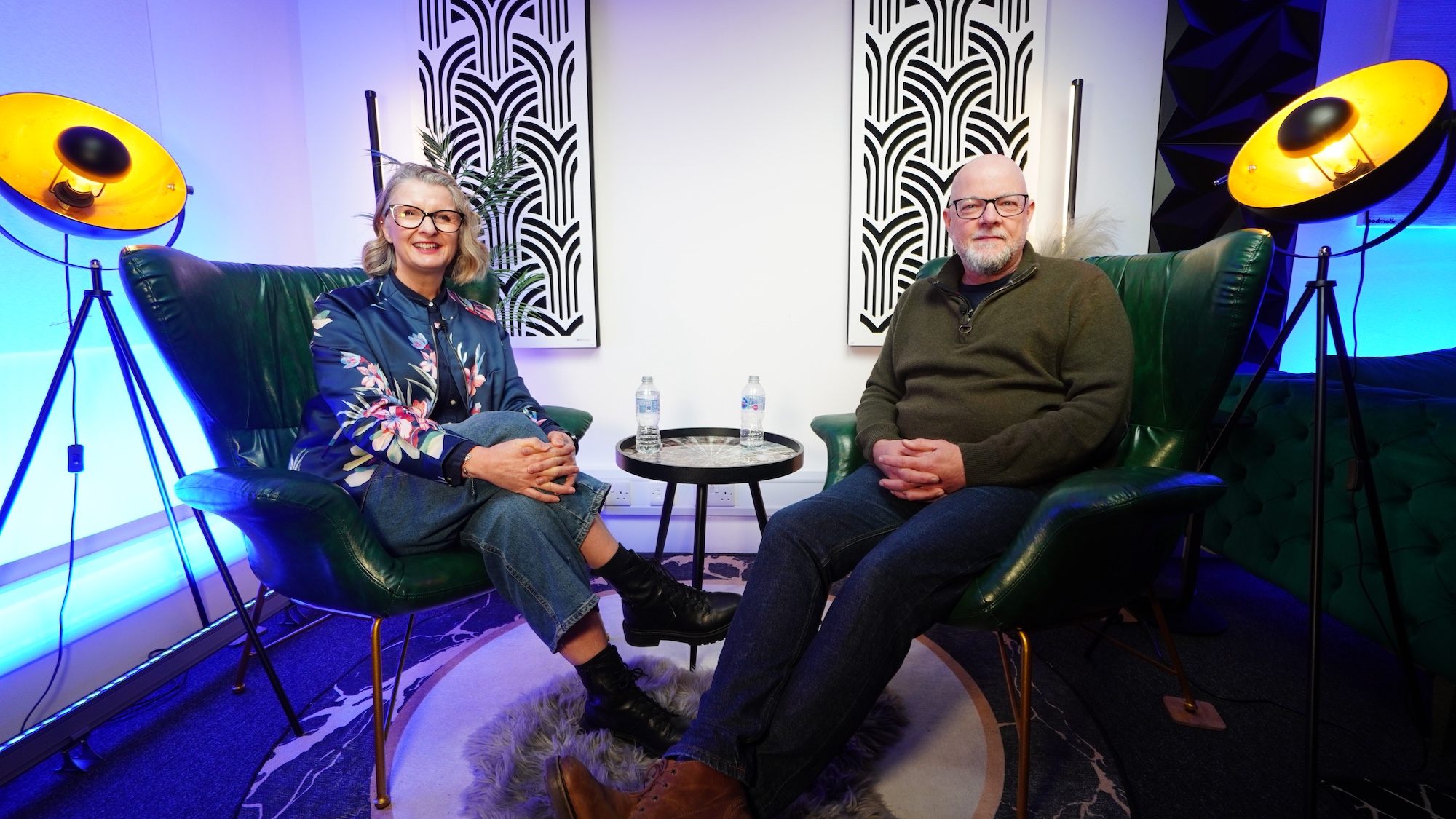
Business Consultant vs Coach: What’s Right for Your SME?
by The Alternative Board (UK)
Running an SME means constantly balancing today’s demands with tomorrow’s goals. When you reach the point where you need outside help, the choice often narrows to two options: a business consultant or a business coach. Both can make a difference, but in very different ways.
This article breaks down the difference between the two, clears up common misconceptions, and looks at why many SME leaders are finding long-term value in peer-based business growth support models.
What’s the difference between a business consultant and a business coach?
A business consultant typically focuses on solving specific business problems. They analyse, recommend, (and sometimes implement) often for defined projects or short-term goals. Consultants tend to answer what needs doing and how to do it.
A business coach focuses on the person behind the business. They guide you to make your own decisions, build better habits, and lead with confidence. Rather than deliver answers, they help you uncover them, strengthening both you and your business over time.
For SME leaders, the most effective growth strategy often blends both: expert advice when needed, and ongoing coaching that builds decision-making strength for the long term.
Common misconceptions
Business owners often see consultants and coaches as mutually exclusive. But the best outcomes usually come when their strengths complement each other.
Here are three common misconceptions:
-
“Consultants get results faster”
Consultants can produce quick wins, but if the team doesn’t take ownership, those improvements rarely last beyond the engagement.
-
“Coaching doesn’t deal with tangible outcomes”
The best business coaching isn’t abstract. It’s about measurable progress; improving leadership, accountability, and performance that directly influence profit, efficiency, and culture.
-
“Support has to be one-to-one”
Many leaders underestimate the power of peer insight. When business owners share their experiences and hold each other accountable, growth becomes consistent and not reactive.
Why peer-based coaching creates sustainable change
As part of its offer, The Alternative Board combines structured coaching with peer board support; a small group of experienced business owners who challenge and advise each other monthly. This balance of reflection and accountability helps leaders make confident decisions that endure.
TAB Member, Jim Liptrot, former Managing Director of Howorth Air Technology, described it simply:
“Everything about the way TAB worked just made sense to me - the small number of people, the fact that all members of the board were SME business owners, and the monthly 1:1s.”
Through the TAB board, Jim rebuilt both confidence and focus during a difficult turnaround:
“Having been one of one, suddenly I was one of eight… That support made a massive difference to my confidence.”
This kind of sustained peer support (not a one-off intervention) helped him and his business achieve a complete transformation over time.
Where consultancy fits in (and where it falls short)
There’s no doubt that consultancy has value. When you need technical expertise, system improvements, or a defined project delivered quickly, a consultant can be the right choice.
But once that contract ends, businesses often lose momentum. Without continued reflection, challenge, and accountability, progress can stall. Coaching fills that gap by focusing on leadership capability and execution.
When Jim faced tough decisions, such as renegotiating a major contract, his peer board helped him trust his instincts and follow through with confidence, showing how external support built on shared experience can deliver real-world resilience.
How The Alternative Board bridges the gap
Our model combines the objectivity of coaching with the shared experience of peer support. Each member works with a facilitator and a small board of business owners to address real issues from strategy and finance to people and exit planning.
This approach supports a living plan for business development that evolves with the leader and the business, not just a static report that gathers dust.
George Goss, Managing Director of Goss Environmental Coatings, shared his experience:
“The key difference with TAB is that you’re working through real-time issues with real people and businesses. It’s about practical, grounded advice.”
Since joining TAB, George has seen significant progress:
- Grown revenue by 2.5x while keeping profits consistent.
- Greater strategic focus and long-term business planning
- Accountability through structured TAB meetings
Choosing what your business really needs
To decide between a business consultant and a business coach, start by asking:
- Do you need answers or accountability?
Consultants give you solutions; coaches help you own them.
- Is your challenge tactical or strategic?
If it’s about a process, system, or project then consultancy may fit. If it’s about leadership, culture or clarity, coaching delivers more lasting change.
- How will you stay on track once the expert leaves?
A peer board helps you maintain focus and follow through month after month.
Many SME leaders benefit from both: targeted consultancy for technical needs and ongoing coaching for leadership and strategy creating a powerful blend of direction and discipline.
Real business growth support that lasts
Sustainable growth doesn’t come from one-off advice, it comes from consistent reflection, shared accountability, and learning from others who’ve been there too. That’s what our peer boards offer: a safe space to share challenges and gain practical feedback from trusted peers.
It’s a model built on community rather than dependency, and for many SME leaders, that’s the difference between temporary improvement and long-term transformation.
Key takeaways
- A business consultant provides specific expertise and short-term solutions.
- A business coach builds the leader’s confidence, decision-making, and follow-through.
- Peer boards combine both: expert facilitation, shared experience, and lasting accountability.
The most effective plan for business development isn’t written once, it’s refined, tested, and lived.
A final thought...
Whether you’re refining your strategy, managing growth, or planning your next phase, having the right kind of support makes the journey less isolating and more effective.
As Jim and George both show, meaningful progress doesn’t come from outside instruction alone. It comes from honest discussion, shared experience, and the courage to stay accountable.
Explore how TAB’s peer board model can help you achieve lasting business growth.
Related articles

Delegation in 2025: Pros, Cons & How Leaders Boost Revenue by 33%
Discover the pros & cons of delegation in 2025. Leaders skilled at delegation drive 33% more revenue. Learn how to save time & grow your team effectively.





